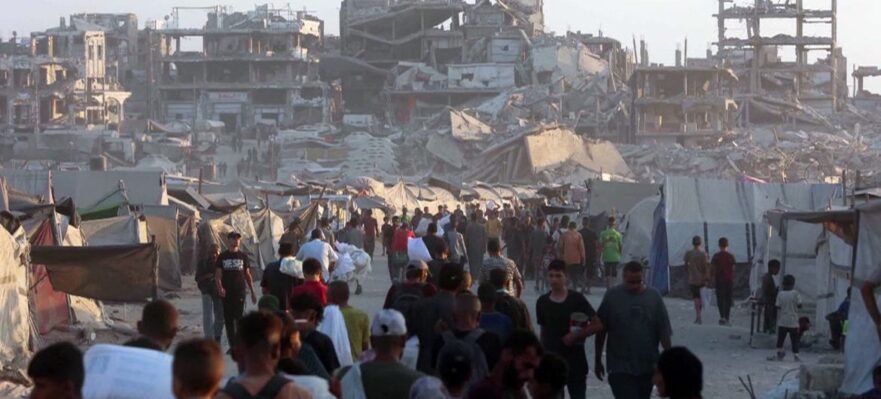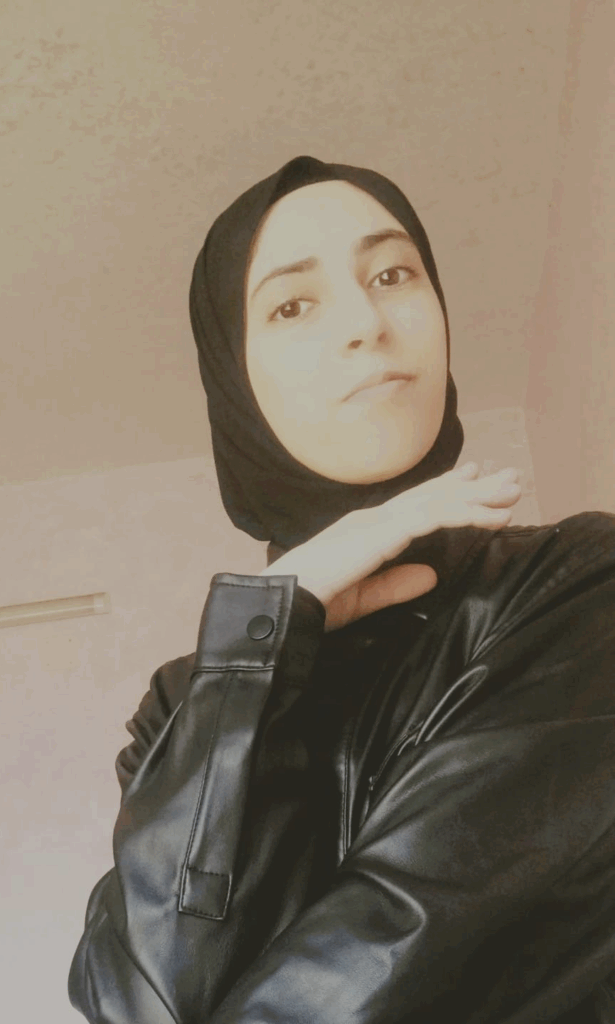PalCast released a new episode titled Writing our Stories – Taqwa Al-Wawi, featuring the voice of a 19-year-old English literature student from the Islamic University of Gaza. In this conversation, Taqwa Al-Wawi shared how, in just six months, she published dozens of articles worldwide while living under siege. She spoke about famine fatigue, the daily struggle to survive on water and scraps of bread, and the power of writing as both testimony and resistance. Her words carried the urgency of someone determined to tell the story of the ongoing genocide from inside Gaza.
Yousef and Tony interviewed Taqwa about her life under bombardment, the collapse of basic services, and the soaring prices that turned flour, sugar, rice, and pasta into luxuries. She described how many in Gaza endured only one meal a day, often no more than a piece of bread or a small bowl of soup, and sometimes drank salty water to quiet their hunger. Despite the mental toll, she kept studying online, supported by professors who reminded her that education remained a weapon of hope for Palestinians.
Taqwa explained how writing allowed her to process what she witnessed and to amplify voices otherwise silenced. She took inspiration from the late Dr. Refaat Alareer, adopting his insistence on using active voice to name the perpetrators of violence. She avoided leaving her home to escape hearing more heartbreaking stories she felt powerless to address. Exhaustion and dizziness from the lack of food marked her days, but she maintained a strict writing routine, choosing topics that carried the weight of truth from Gaza to the world.
In the episode, Taqwa voiced her distrust in international recognition of Palestine, believing that the genocide would end regardless of outside action because “every beginning has an end.” She stressed the importance of Palestinians telling their own stories, countering the occupier’s narrative with the rooted truth of the land. Writing our Stories – Taqwa Al-Wawi is now available to listen on Apple Podcasts and Spotify.


